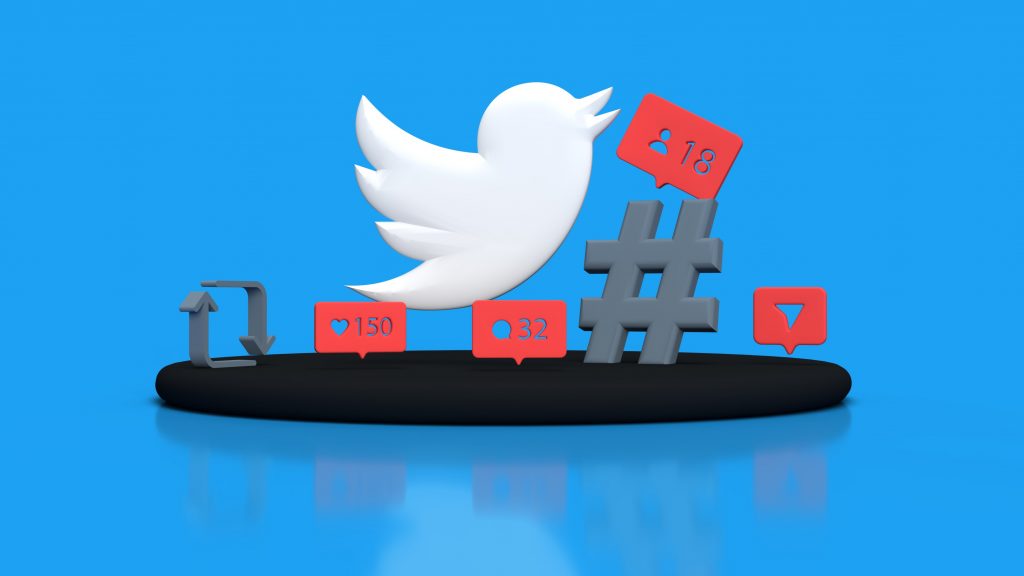On a business level, when it comes to reputation with clients, governments, media and the industry that they are in, CEOs (and their actions) carry a lot of weight. But what about their wider reputational impact?
For example, I’m currently staring at a Samsung monitor. Later, I shall stare at a Samsung TV and tweet, in furious outrage (I’m pretty sure something will outrage me today), on a Samsung smartphone.
In January, South Korea’s special prosecutor issued an arrest warrant for Samsung Group chief Jay Y. Lee. Prosecutors are accusing him of paying $36.42 million in bribes to organisations linked to a friend of impeached President Park Geun-hye. Both Samsung Group and Lee are refuting the charges.
Yet I’ll still choose a Samsung the next time I upgrade my phone.
Reputation is multi-layered
If the CEO of a business is judged to be doing a bad job, the share price may drop, investors may speak out and it might be discussed in the industry. But, while they are very high profile, the CEO is still just one person and their reputation doesn’t often factor into purchasing decisions. I want an affordable laptop that runs well, I don’t necessarily know (or care) about accusations of an allegedly shady CEO.
Boycotts are sustained on outrage. If a business, or an executive, is accused of doing something wrong and it doesn’t cause a significant emotional reaction in you, you probably won’t rush to boycott it.
In 2016, ad agency Campbell Ewald fired its CEO after a high-level employee sent an email to staff suggesting a Ghetto Day themed party. The CEO had failed to act on the contents of the email until the email was leaked to the media and the agency lost a huge client.
2017 has seen Uber being trounced in the court of public opinion as it launches itself into one #fail after the other. Its CEO hasn’t gone anywhere, but two of its most loyal investors have written an open letter urging the brand to change its culture after a former employee posted her own account of harassment at the firm.
These are two issues that people can get passionate about. They go against many people’s moral codes. They get us angry.
White collar crime doesn’t often provoke the same emotional response.
Is it relatable? When a crisis is so far outside someone’s experience, it can be hard to get worked up about the issue. The CEO of Deutsche Börse is currently being investigated by German prosecutors for insider dealing (which he denies). Deutsche Börse is also in the news over a proposed merger with the London Stock Exchange.
Most people won’t have heard of the organisation. Most people don’t spend any time thinking about the stock market, never mind pondering on the behaviour of the people who run the stock market. (Unless they’re watching the Wolf of Wall Street of course.)
If the issue doesn’t hook into our own experience, we’re unlikely to spend much time and energy thinking about it.
Wells Fargo & Co CEO, John Stumpf, resigned in 2016 after significant public anger about staff opening accounts for people who didn’t sign up for them. This issue taps into our data and financial security, our need for privacy and our trust in institutions we rely on day-to-day. We care about what happens because we have skin in the game.
Headline grabbing issues resonate with many of us. Let’s be honest, our attention spans suck. A dry 3000 word essay about the inner workings of an executive board requires effort to read, understand and care about.
If, however, the story can be summed up in the headline, like “Saatchi & Saatchi boss resigns amid sexism row”, it’s quicker and easier for us to understand what’s going on, form an opinion and share the story with our network.
Crises can have a serious impact on the business in terms of share price without having a similar impact on the reputation of the brand. Because of this, brands can, and do, survive when executives get in trouble.
CEOs are the chief representatives of the business and its values, so any misconduct by a CEO has to be addressed swiftly by the business. But how many of us are familiar with the personalities and practices of the CEOs whose products litter our lives? Would you ditch a favourite brand after finding out its CEO might be up to no good?








